Breaking
- MENU
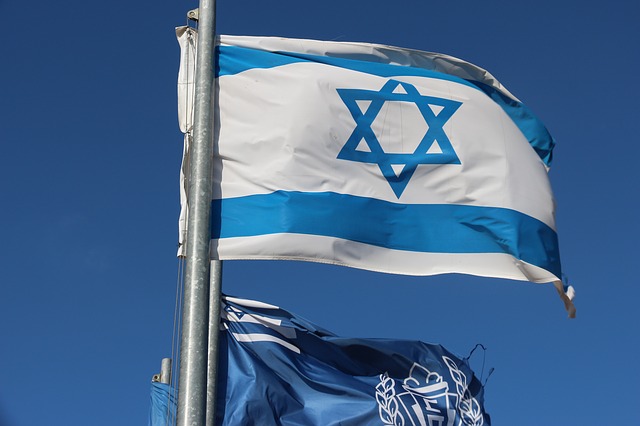
The Libyan controversy reminds us of the more significant problem facing Israel. While the scale and intensity have reduced considerably, Israel’s conflict with the Arab world is far from over
The premature leak of a meeting between Israeli Foreign Minister Eli Cohen and his counterpart in the Libyan National Unity Government, Najla Mangoush, cost the latter her job and forced her to flee to Türkiye. It is widely recognised in Israel that Mangoush was fired not for her secret meeting per se but due to Cohen’s premature leaking of their face-to-face conversation in Rome a few days ago, mediated by Italian Foreign Minister Antonio Tajani. Though Libyan Prime Minister Abdulhamid al-Dbeibah was aware of and even approved the meeting, the leak was politically devastating for the fragile government. Indeed, partly to appease domestic critics, he even visited the Palestinian embassy in Tripoli following the controversy.
Politicians the world over love ribbon-cutting even before the foundations are ready. Israeli Foreign Minister Eli Cohen is not an exception. Unable to control the excitement of a “historic breakthrough”, Cohen disclosed the impending “normalisation” with another Muslim country. This unleashed another diplomatic row and temporarily ended any possible expansion of Israel’s circle of friends. As a damage control measure, the Israeli foreign ministry disclosed that in the first-ever meeting between the two countries’ officials, they discussed preserving Jewish heritage sites in Libya, cooperation in agriculture, and providing humanitarian aid to the war-torn country. Incensed by the intemperate behaviour, the US is furious that its efforts were temporarily scuttled and urged Israeli officials to find ways to “calm things down.”
Even politically stable Arab countries are extremely cautious about normalisation of relations with Israel. Libya is far from stable, and for over a decade since the removal and murder of Muammar Qaddafi, the country is in the midst of a civil war, with rival factions competing for territorial control and international legitimacy. In May last year, clandestine Israeli moves resulted in the Iraqi Parliament passing a resolution that criminalised attempts towards normalising relations with the Jewish State. Similar disclosure by the then Israeli Foreign Minister Shimon Peres thwarted normalisation with India in the late 1980s.
Moreover, President Biden could not expand the circle of Israel’s friends in the region since assuming office. The I2U2—India, Israel, the United Arab Emirates, and the United States—is a poor attempt at consolidation and expansion of the gains of the Trump Administration. Indeed, the much-hyped Abraham Accords did not expand to include other Arab countries in the normalisation process once Trump left office in January 2021. While Israel’s relations with Bahrain, Morocco and the UAE have grown, ties with Sudan have not progressed much. Despite periodic reports of contacts with and visits of senior officials, including Prime Minister Netanyahu, Saudi Arabia is still not ready to come out of the closet. However, the absence of relations did not inhibit the Al-Sauds from opening their airspace for travel to Israel. In March 2018, Air India started flying to Israel using Saudi airspace. Following the Abraham Accords, this privilege was extended to Israel’s official carrier, El Al, for flights to India and Southeast Asia.
Last July, there were speculations that Israeli Muslims could directly fly to Jeddah for their hajj pilgrimage. The Saudi ambassador to Jordan is concurrently accredited to Palestine. This was seen as a prelude to an impending Israeli-Saudi normalisation. These behind-the-scenes movements need greater finesse and must be choreographed with Saudi interests in mind. President Biden’s lack of political capital vis-à-vis Saudi Arabia is partly responsible for the non-realisation of Israeli-Saudi normalisation. The Democrats’ noise about human rights considerably weakened Biden’s influence over Crown Prince Mohammed bin Salman.
The current controversy over the premature leak also underscores the traditional Israeli foreign policy outreach since 1948. In a hostile environment, Israel conceived, developed and mastered clandestine diplomacy with its supposed Arab and Islamic adversaries. The Israeli-Jordanian ties were pursued at the highest levels even before the establishment of Israel. King Hussein met every Israeli prime minister except David Ben-Gurion and Menachem Begin. His erstwhile rhetoric of ‘Jordan is Palestine’ was adopted by maverick Ariel Sharon enjoying a greater personal rapport with King Hussein than the sweet-talking Netanyahu. The absence of formal relations did not inhibit Morocco—incidentally head of the Al-Quds Committee of the Arab League—from hosting Israeli officials and even nudging Anwar Sadat’s normalisation efforts. Likewise, Oman and Qatar have hosted Israeli officials without formal recognition.
Due to the sensitivities of the Arab and Islamic interlocutors with whom relations do not exist, Israel relied more heavily on its intelligence agencies than foreign policy entablement. The security officials, for example, drafted the Israel-Jordan peace treaty, which the diplomats merely signed. Israel’s external intelligence agency, Mossad, has a bigger role in sensitive foreign policy decisions than career diplomats.
Above all, the Libyan controversy reminds us of the more significant problem facing Israel. While the scale and intensity have reduced considerably, Israel’s conflict with the Arab world is far from over. Normalisation was and continues to be a pawn in inter-Arab politics. Countries and groups—secular and Islamist—do not hesitate to whip up public passion against Israel. Some of these happen even without any active involvement of the Palestinians.
The Arab-Islamic normalisation with Israel increased the focus on the Palestinian dimension of the conflict, but the need for secrecy is just a reminder that Israel’s conflict with the Arab world is far from over. Whenever necessary, even non-Arab players—Iran and Türkiye—do not hesitate to capitalise on the Arab sentiments against Israel. And Libya is the latest reminder.
Note: This article was originally published in The New Indian express on 6 September 2023 and has been reproduced with the permission of the author. Web Link
As part of its editorial policy, the MEI@ND standardizes spelling and date formats to make the text uniformly accessible and stylistically consistent. The views expressed here are those of the author and do not necessarily reflect the views/positions of the MEI@ND. Editor, MEI@ND: P R Kumaraswamy
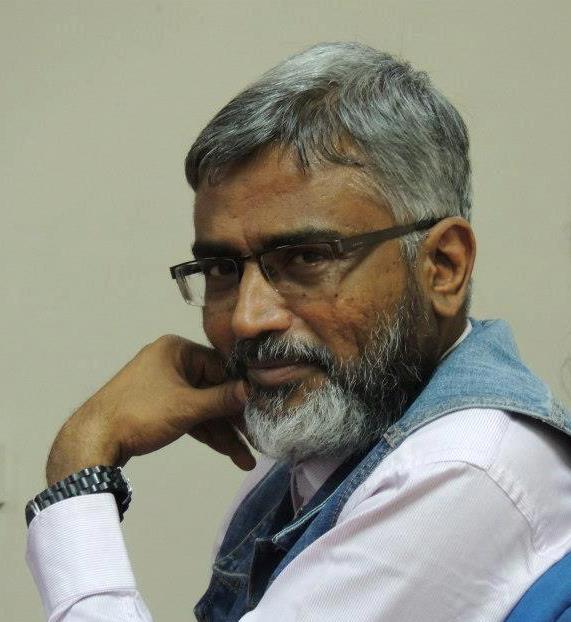
Professor P R Kumaraswamy is Honorary Director of MEI@ND.

When peace is viewed as ‘surrender’, there is little one can accomplish. Without an effe.....

The magnitude of the missile attack on Israel carried out by Iran in the early hours of Sunday was u.....
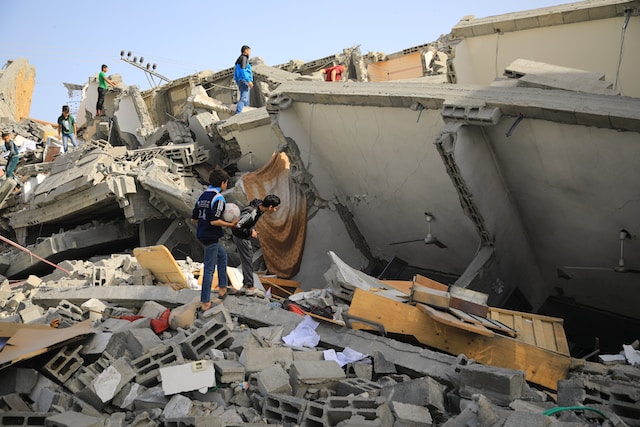
While the details are still emerging, the Hamas attacks from the Gaza Strip on Saturday were well pl.....
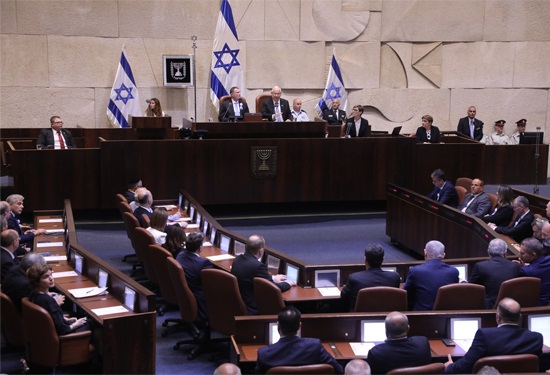
64-0! It should be an impressive vote in any country, especially in Israel, where a simple parliamen.....
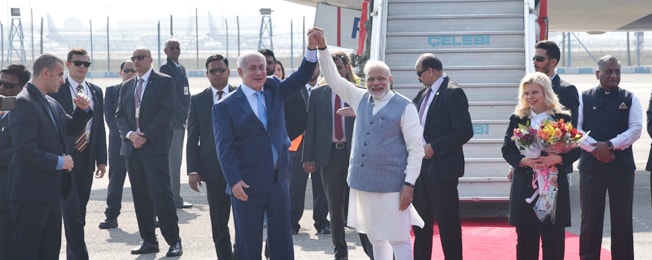
King Bibi is back! After one year in the Opposition, Benjamin Netanyahu, a close friend of Prime Min.....

Political instability is an integral and inseparable part of Israel’s landscape. For the fifth.....

Even by the Israeli standard of coalition fragility, the Bennett-Lapid government, which completed o.....
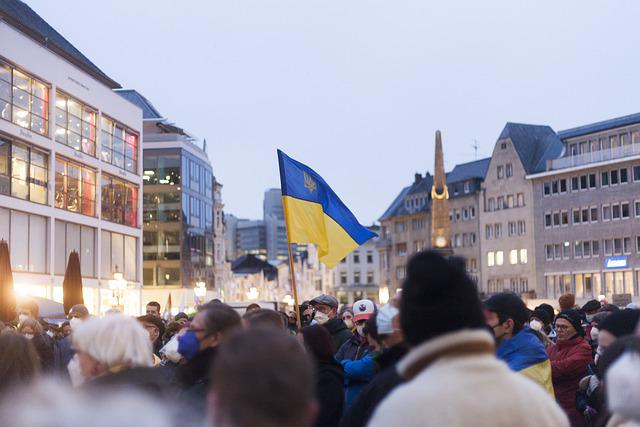
Soon to enter its fourth month, the Russian invasion of Ukraine has made irreversible damages to glo.....
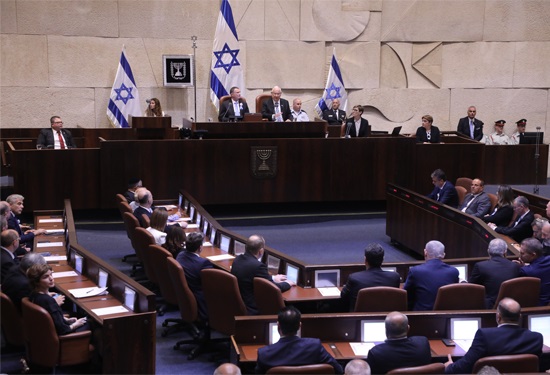
The visit of Israeli Prime Minister Naftali Bennett to India scheduled for last week had to be cance.....
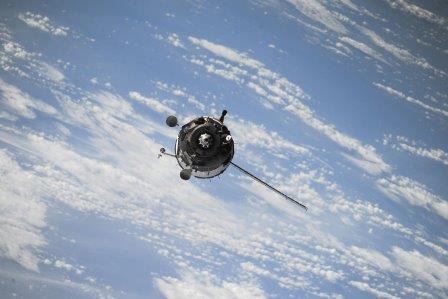
The drone attack on Abu Dhabi on Monday (January 17) by the Houthi rebels marks a major escalation o.....
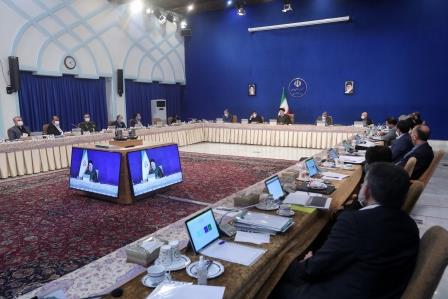
Of late, Israel-Iran shadow-boxing has been getting ominous. If Israel’s diplomatic offensive .....

In early November, Moscow hosted Mohammed Dahlan, a former right-hand man of Palestinian leader Yass.....
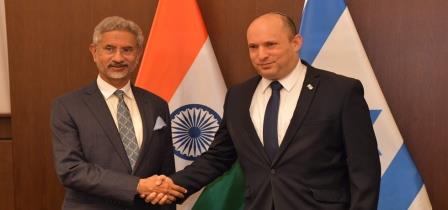
Nearly three decades after Prime Minister P V Narasimha Rao broke from the past and normalised relat.....
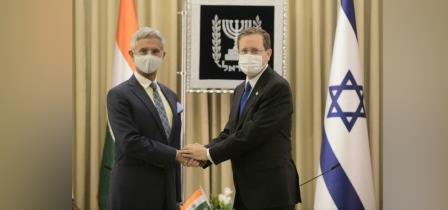
Earlier it was Pakistan and now China. So whatever India does and does not do externally has to be l.....

In several ways, the Taliban takeover of Afghanistan can be a game-changer in India’s worldvie.....
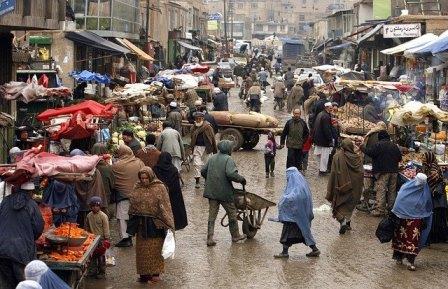
The Taliban takeover and its fallout exposed the limited diplomatic space for India in its immediate.....

Given the travel restrictions, local lockdown and sluggish economic revival, that over three lakh pe.....
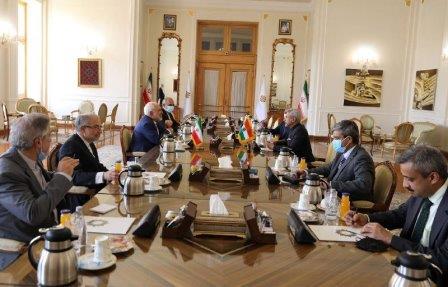
Since 2005, some critical decisions over Iran have been taken by the MEA’s US Division. So que.....
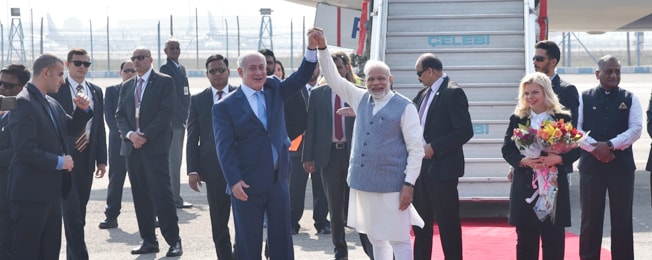
“Bibi dethroned”. This is the expression used in the Israeli media to describe the forma.....
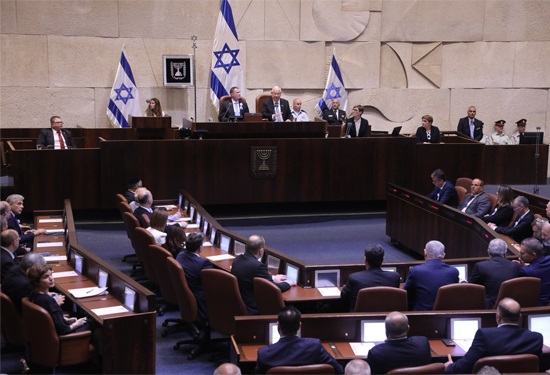
Despite having a woman prime minister in Golda Meir, female political representation in Israel has n.....
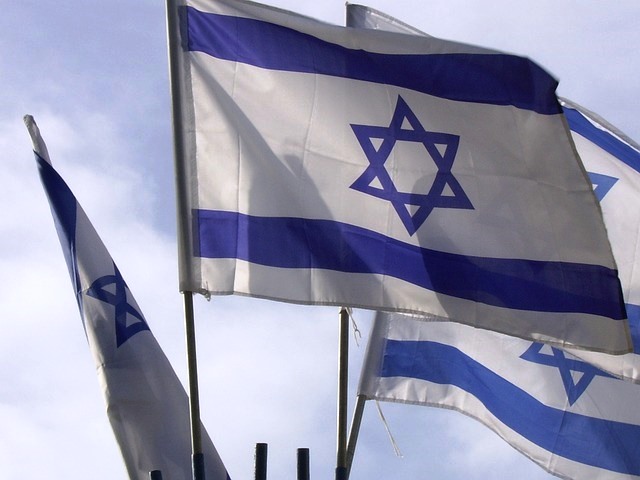
The most interesting aspect of the new Bennett-Lapid government in Israel is the emergence of Mansou.....
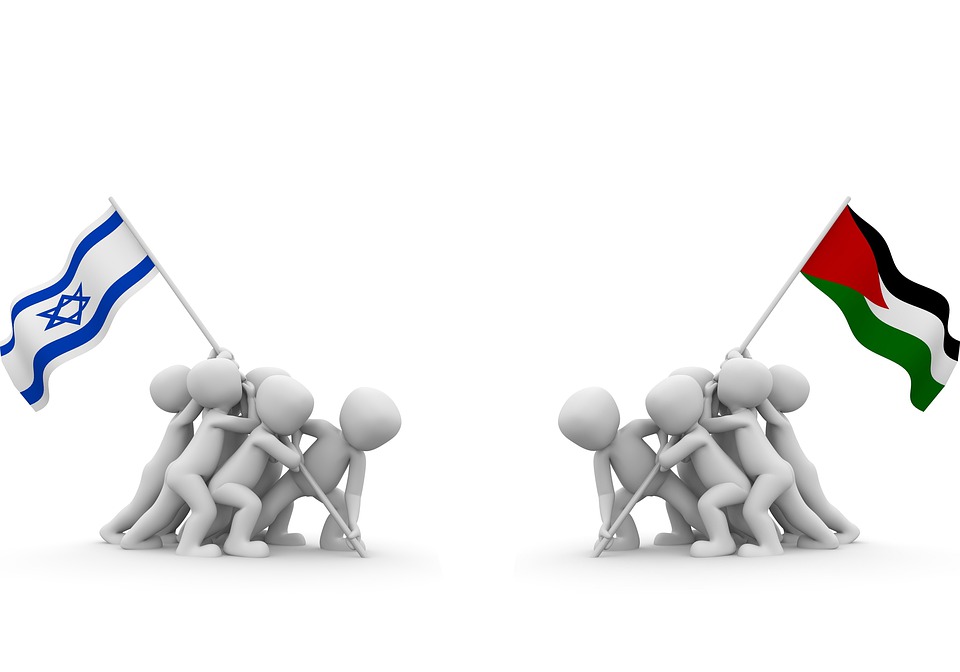
When it comes to mediating international crises, India’s track record is a mixed bag. In recen.....
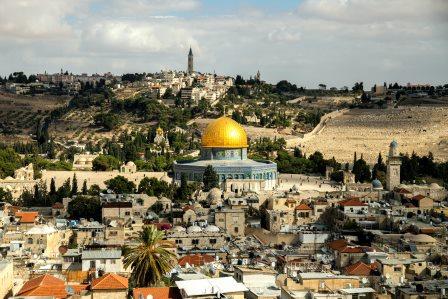
Going by the Israeli media, it is clear that the arm-twisting by the Biden Administration forced the.....
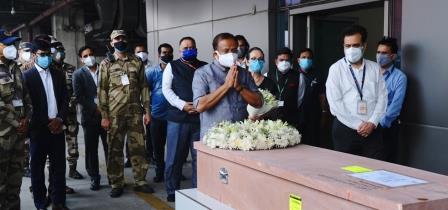
Indeed, Hamas is better placed today than it was in January 2006 and the current round of violence i.....

While the international community wants de-escalation and an early end to the conflict, the chances .....
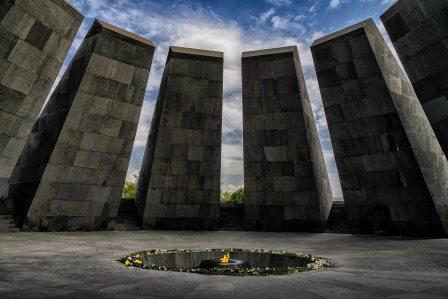
Ending the past silence, US President Joe Biden marked the Armenian Genocide Remembrance Day of Apri.....
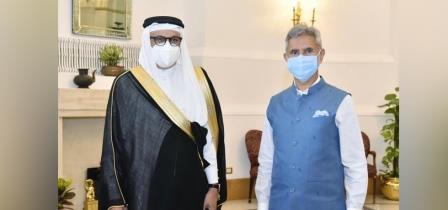
The visit of Foreign Minister of Bahrain Abdullatif bin Rashid Al Zayani to India during 6-8 April r.....
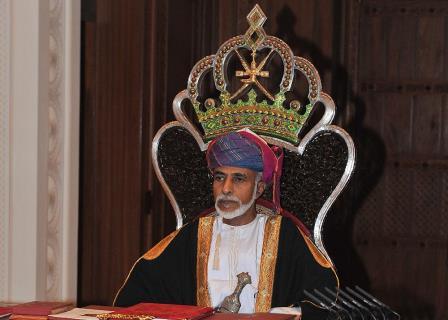
By posthumously bestowing the Gandhi Peace Prize for 2019 upon Sultan Qaboos of Oman, New Delhi seek.....
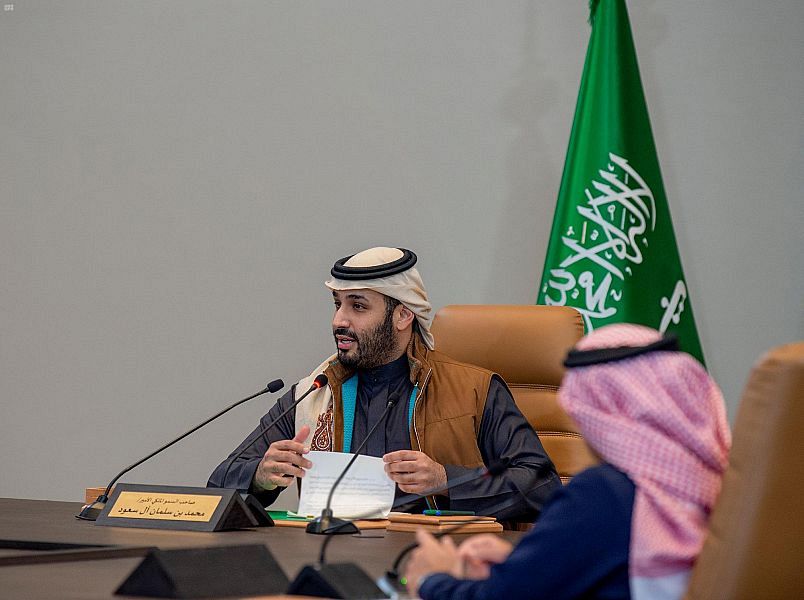
Much to the displeasure and discomfort of Saudi Crown Prince Mohammed bin Salman (more widely known .....
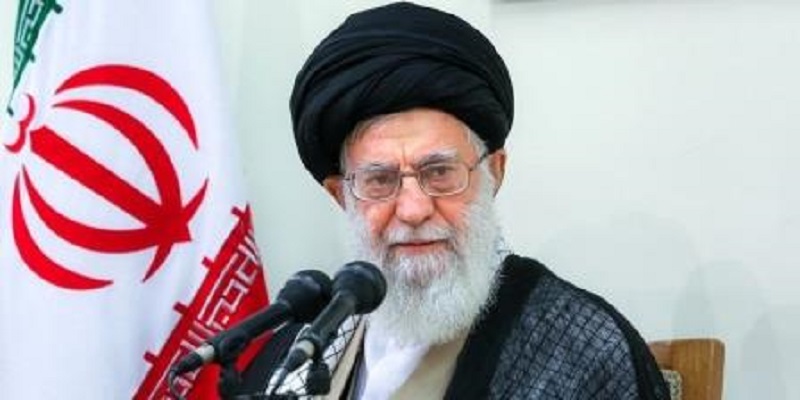
The nomination of Robert Malley, a veteran hand in Washington policy circles, as the Special Envoy f.....
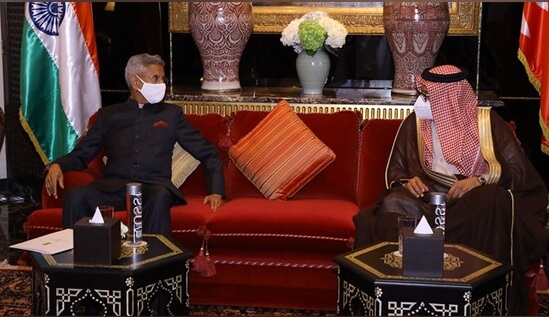
The two-day visit of External Affairs Minister S Jaishankar to the United Arab Emirates last week is.....
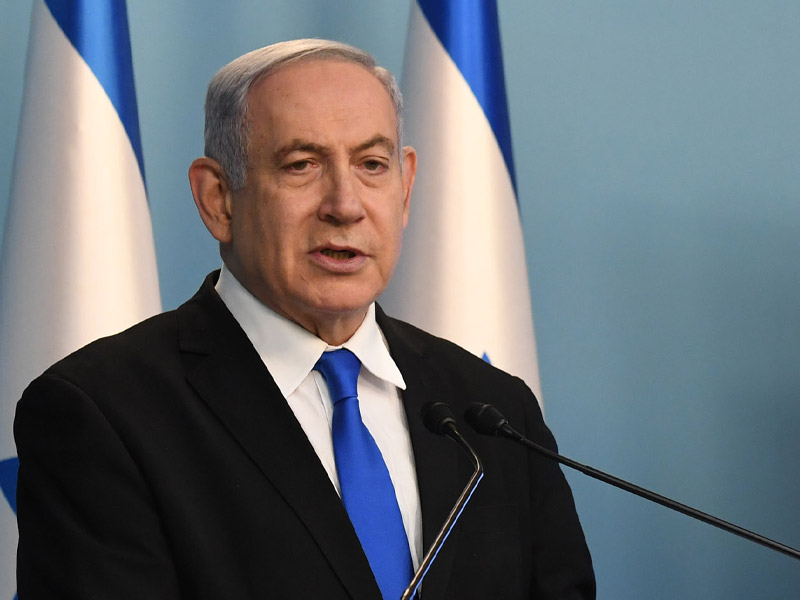
United Arab Emirates’ (UAE) decision to normalise relations with Israel is the most dramatic e.....
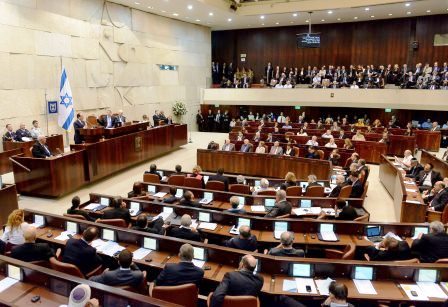
Declaring victory moments after the polling ends has become the hallmark of Benjamin Netanyahu; and .....

Israel went to polls for the 23rd Knesset on 2nd March. The third parliamentary elections within one.....
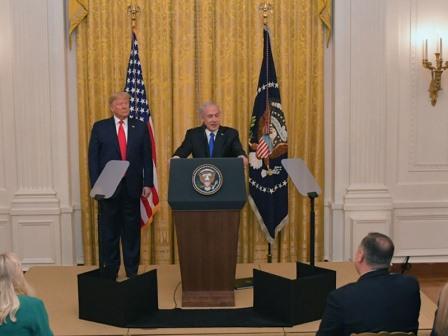
With possible removal from office hanging over their heads, US President Donald Trump and Israeli Pr.....
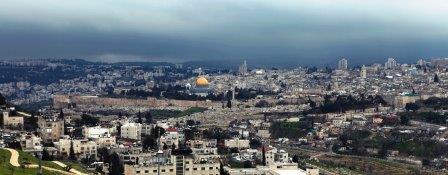
US Secretary of State Mike Pompeo’s sudden and unexpected announcement regarding Israeli settl.....
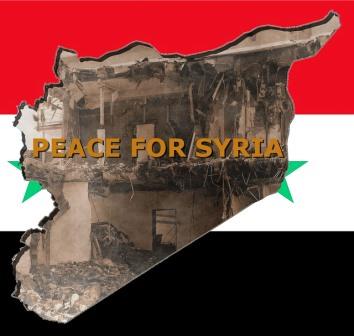
US President Donald Trump’s decision on imposing sanctions on Turkey has rocked the ever-turbu.....
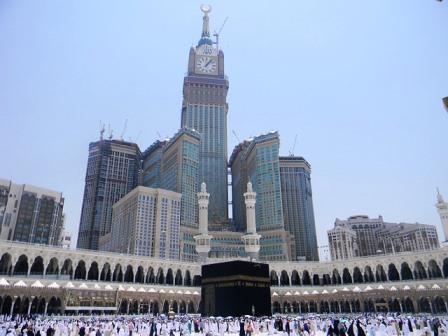
Prime Minister Narendra Modi’s two-day visit to the Kingdom of Saudi Arabia this week highligh.....
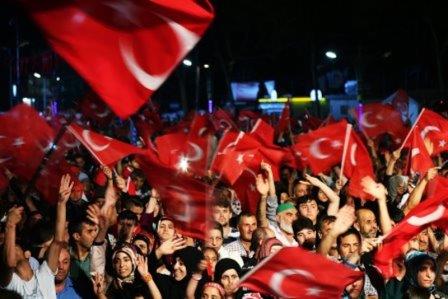
Prime Minister Narendra Modi's reported decision to postpone a planned visit to Turkey comes a c.....
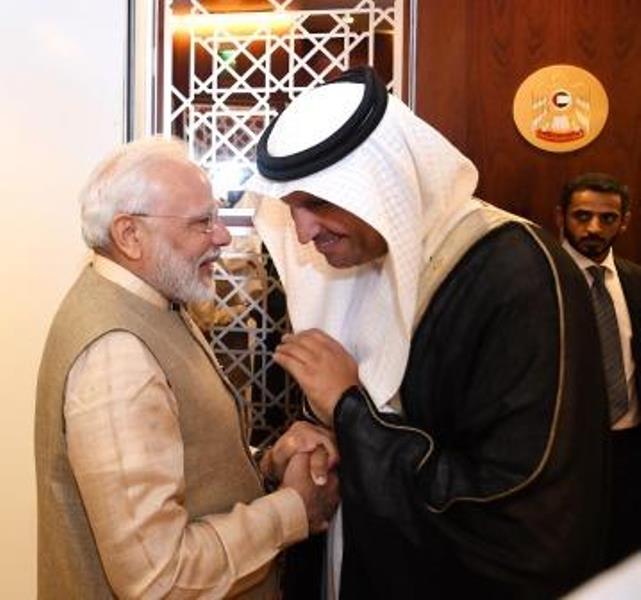
With the sole and notable exception of Pakistan, India's relations with the wider Islamic world .....
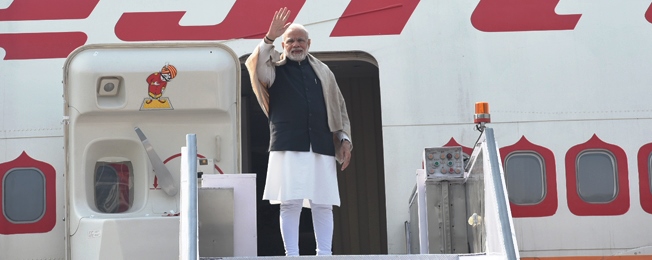
For a long time, India’s relationship with its extended neighbourhood in the Persian Gulf was .....
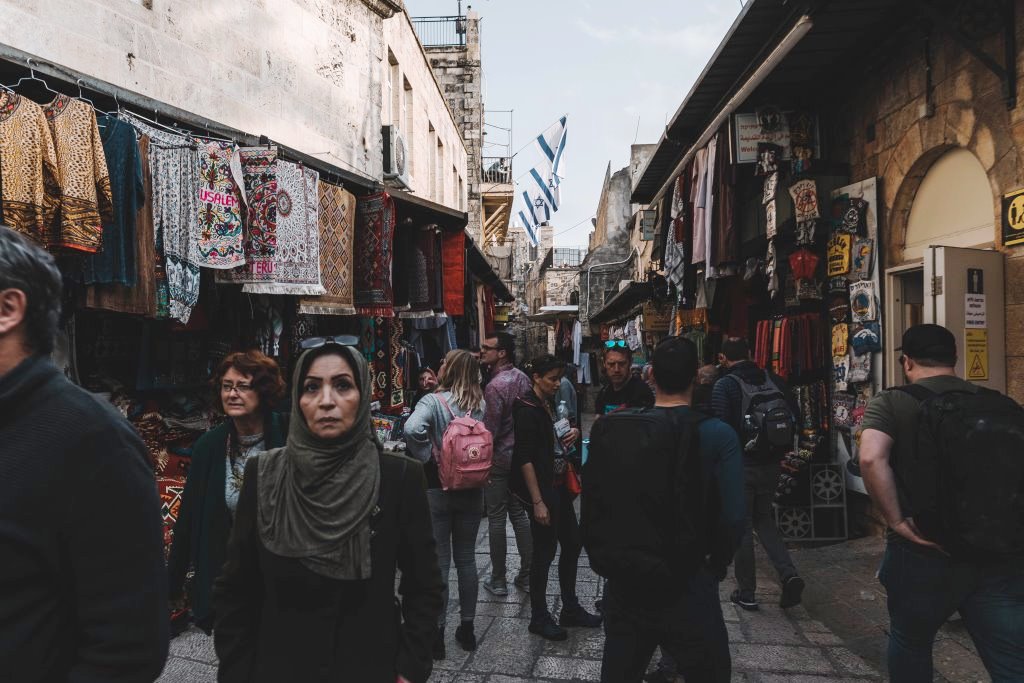
The Israeli legislative or Knesset election last week has turned out to be a rerun of the 9 April on.....
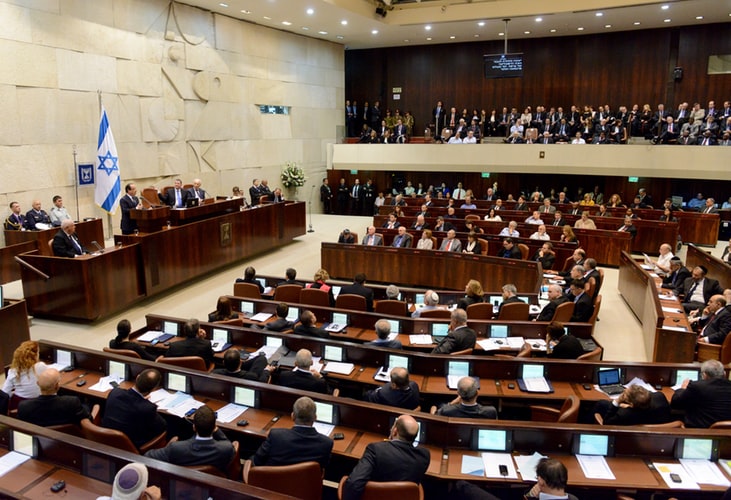
Will 2019 see a third Knesset election? This question is going rounds in Israel as it faces the seco.....
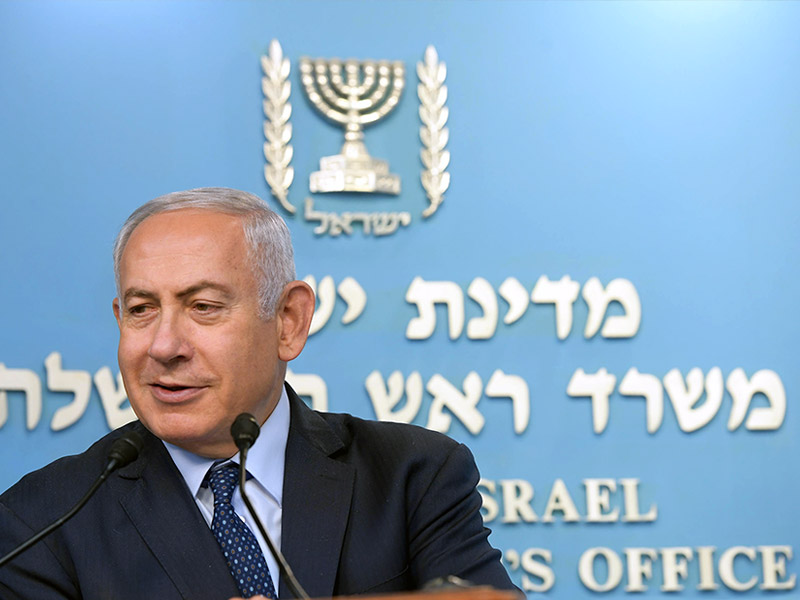
When he called Indian Prime Minister Narendra Modi to congratulate on his re-election with a landsli.....
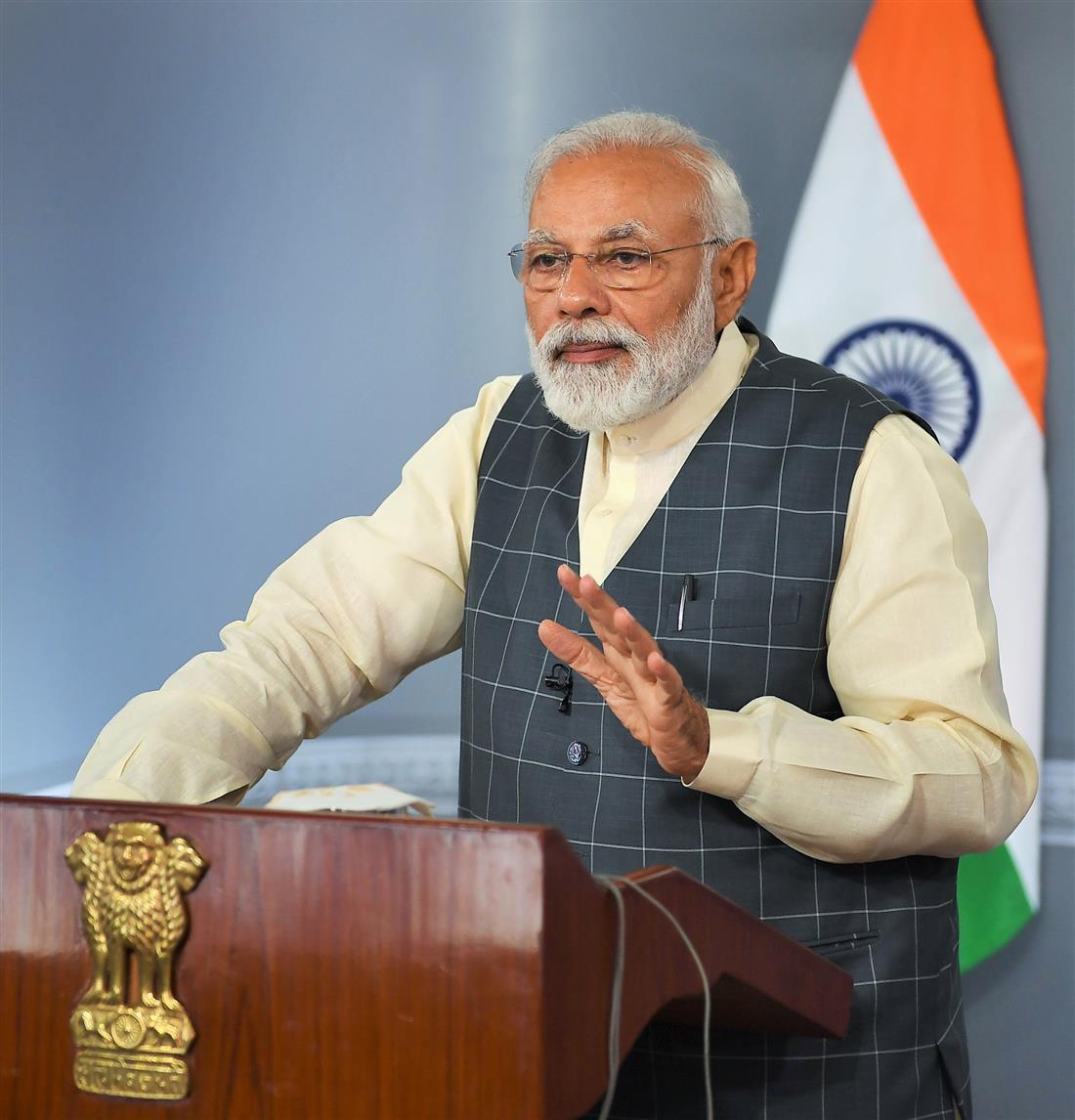
The resounding re-election of Prime Minister Narendra Modi is a blessing for India's relat.....
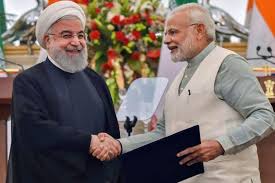
Iran is back in the news and for all the wrong reasons. It has been the unnecessary third .....
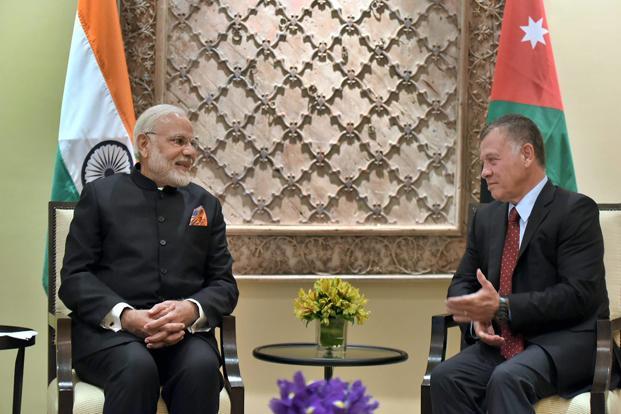
During the close to a century of its existence, the Hashemite Kingdom of Jordan has been, as former .....

In their eagerness to focus on and flag the de-hyphenation of the traditional Israel-Palestinian bin.....
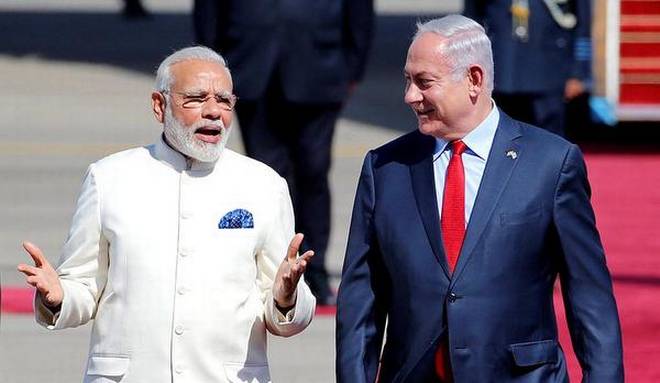
In the closely scrutinised India-Israel relationship, there is little in the public domain that rema.....
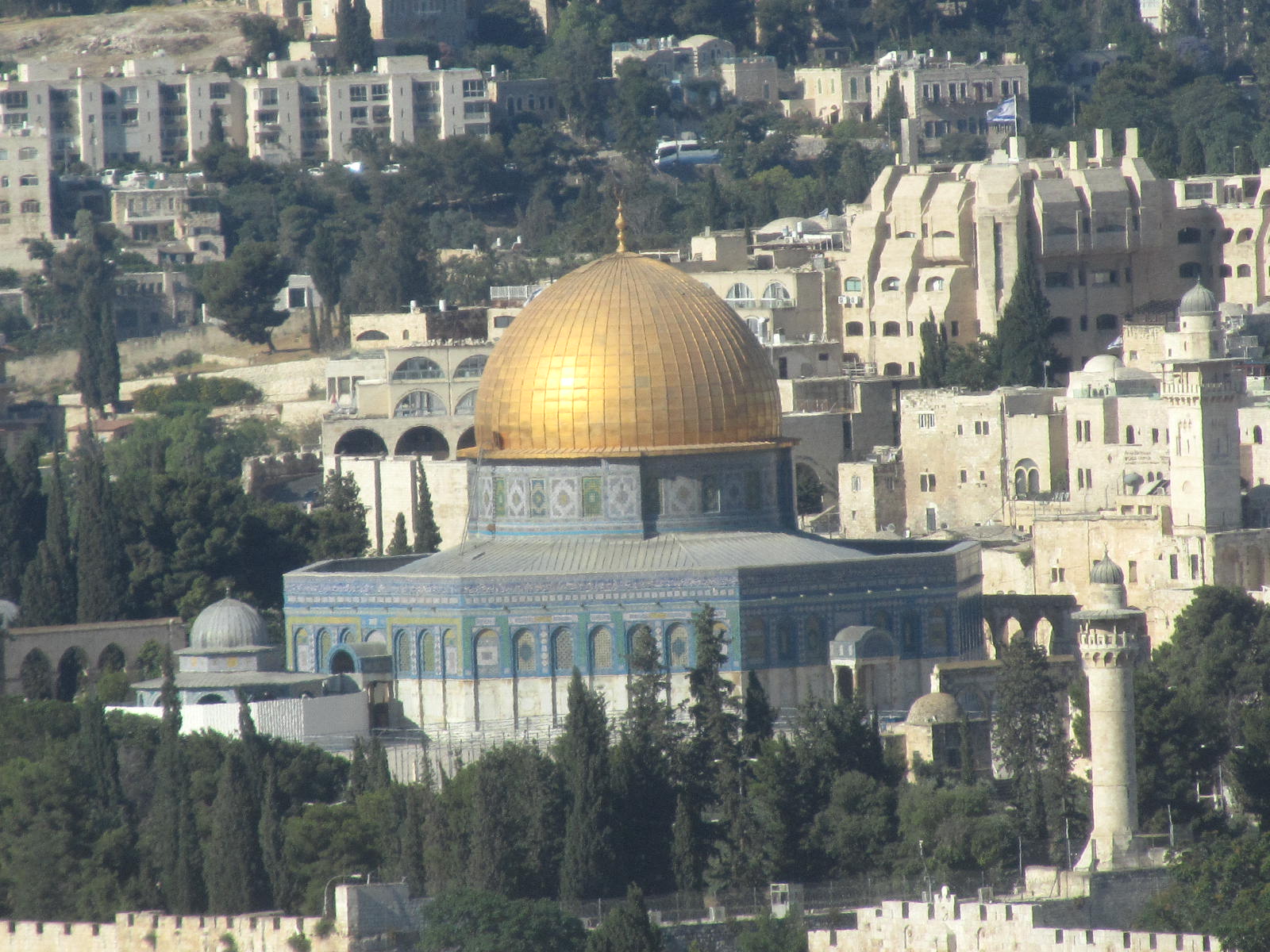
You know what, it will go to the dustbin’ my articulate friend was blunt, brutal but.....

Balfour Declaration, A Century Later If one were to make a list of the most influential.....
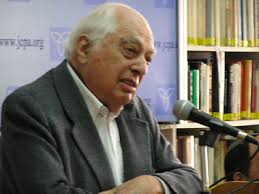
Professor Bernard Lewis—a towering personality on the Middle Eastern academic landscape—.....
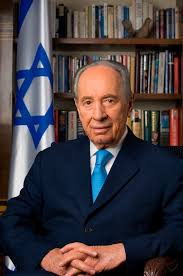
B orn in Poland on 2 August 1923, Szymon Persk who later Hebraised his name as Shimon Peres was the leader.....
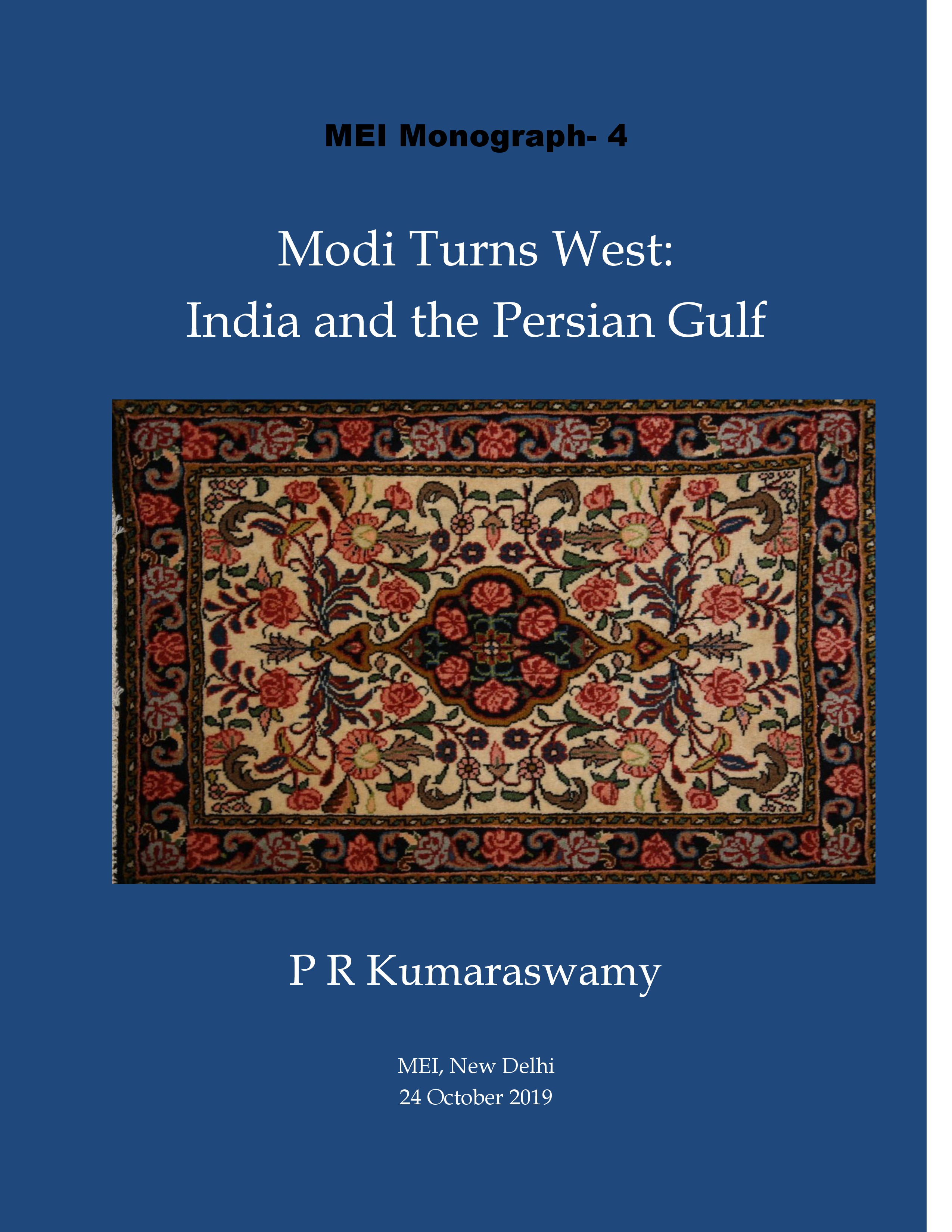
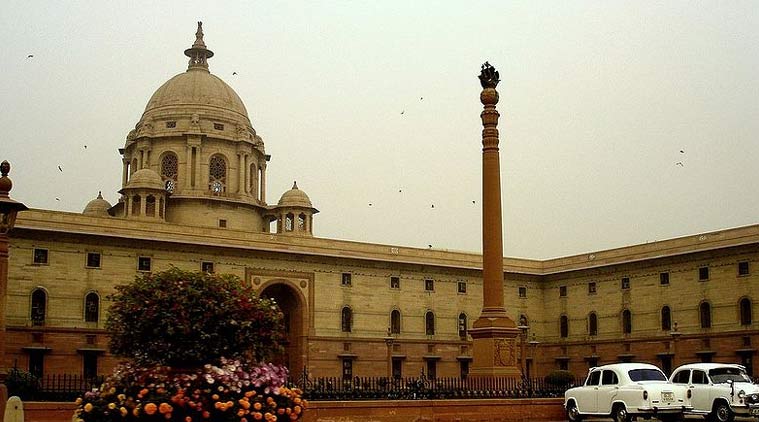
W hat What began as a protest by a marginalized vegetable vendor in Sidi Bouzid in Tunisia soon spread lik.....
